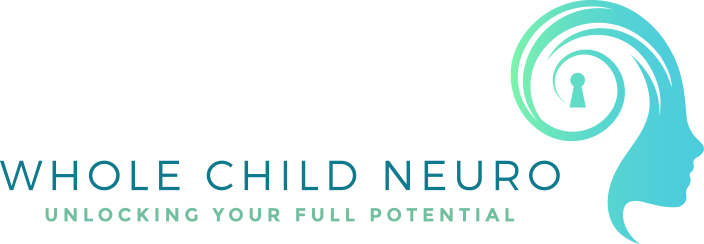Addiction Counseling
Addiction counseling is a form of treatment designed to address addiction to drugs or alcohol.
We strive to pinpoint the causes of an addiction, and identify triggers that can lead to drug or alcohol abuse. From there, we can create a treatment program designed to overcome and manage addiction or substance abuse. We help develop better ways to cope with stressors that do not involve the use of a substance.
We will also help explore the emotions underneath the substance use, such as shame or hurt, and address them at the source. We will provide emotional support as the individual navigates through their specific treatment program. We aim to create a lifelong plan to keep an individual from falling back into addictive habits.
If you think you or a family member could benefit from addiction counseling, please don’t hesitate to reach out to us for a consultation. You can also continue reading to learn more about addiction counseling, our practice, and more.

What Is Addiction Counseling?
Addiction counseling is a form of therapy designed to identify addiction, and the thoughts, emotions, and behaviors that can lead to addiction or drug abuse. In addition, this therapy involves creating a plan to overcome addiction and employ techniques to intervene when an individual may otherwise fall into an addictive pattern.
Addiction counseling may involve any number of practices and techniques which will be personalized on an individual basis, to cater to the needs of the person at hand.

Our Practice and Techniques
We employ a variety of therapy techniques designed to aid an individual as they overcome addiction. For example, cognitive behavioral therapy may be helpful for certain individuals. In cognitive behavioral therapy sessions, we’ll focus on thoughts, feelings, and behavior, and how these elements of our lives impact one another. We’ll work on techniques to control influences that can trigger negative thoughts, feelings, and behaviors. And we can strive to improve awareness of actions and their consequences.
Addiction counseling will always cater to the individual, not the substance of the addiction. We’ll work to understand an individual’s unique situation, their background, and their daily life, in order to assess the best treatment option for their circumstances.
Addiction counseling aims to provide an individual with the tools and knowledge they need to recognize addiction triggers, overcome the addiction, and keep from relapsing, even after counseling and therapy.
Support group or groups may be recommended — in combination with counseling and/or after counseling — in order to decrease the risk of relapse. For example, your therapist may recommend attending Alcoholics Anonymous or Narcotics Anonymous support groups.
Family members and friends may also be recommended to attend Al-Anon or Nar-Anon groups, which are organized specifically for friends and family members of those navigating through addiction.
Who Can Benefit From Addiction Counseling?
Anyone dealing with substance addiction — including those with alcohol, medication, and drug addiction — may benefit from addiction counseling. Addiction counseling may be paired with other forms of treatment, and is often recommended in order to improve results and help to prevent relapse.
Addiction counseling may also be helpful for children, young adults, and parents. Addiction counseling can be combined with family therapy in certain cases (read more about family therapy below), if family issues are involved, or if family involvement may help an individual to overcome addiction.

Family Therapy and Addiction Counseling
Addiction affects the whole family, and it may stem from a family issue. In a family therapy and addiction counseling setting, the therapist will work with the group as a whole in order to make shifts to improve the health and relationships of the family.
Family therapy may be a helpful form of therapy, since family engagement can aid the process of overcoming addiction and refraining from relapse. Those who try family therapy may notice all of the following benefits:
- An increase of awareness: Family members may not understand the addiction at hand. Family therapy raises awareness, and it can serve as an excellent platform to educate all family members about addiction.
- Improved mental and physical states for all family members: Addiction can be a stressor, and it can be mentally draining and physically harmful. Like addiction counseling, family therapy sessions may address feelings of guilt, shame, or other negative emotions related to addiction. The whole family can focus on improving by setting goals and creating healthy habits.
- Clearer communication, better relationships: Clear up gaps in communication, strengthen relationships, and form trust with clear communication and guidance from your therapist.
- Recognition of enabling behaviors, harmful codependence, and triggers: Family members should be supportive, yet not enabling. We’ll discuss healthy ways to be supportive, ways to avoid or overcome triggers, and ways to steer clear of any harmful codependence, which may hinder recovery.
- Preventing future abuse: Family can be wonderfully supportive, helping all members to avoid addiction in the future.
Live an addiction-free life
If you or a family member are working to overcome addiction, we’d be happy to help. Here at Whole Child Neuro, we specialize in addiction counseling services for children, young adults, and families. Please, don’t hesitate to reach out to us to schedule a consultation. We can meet with you to gain an understanding of your unique situation.
